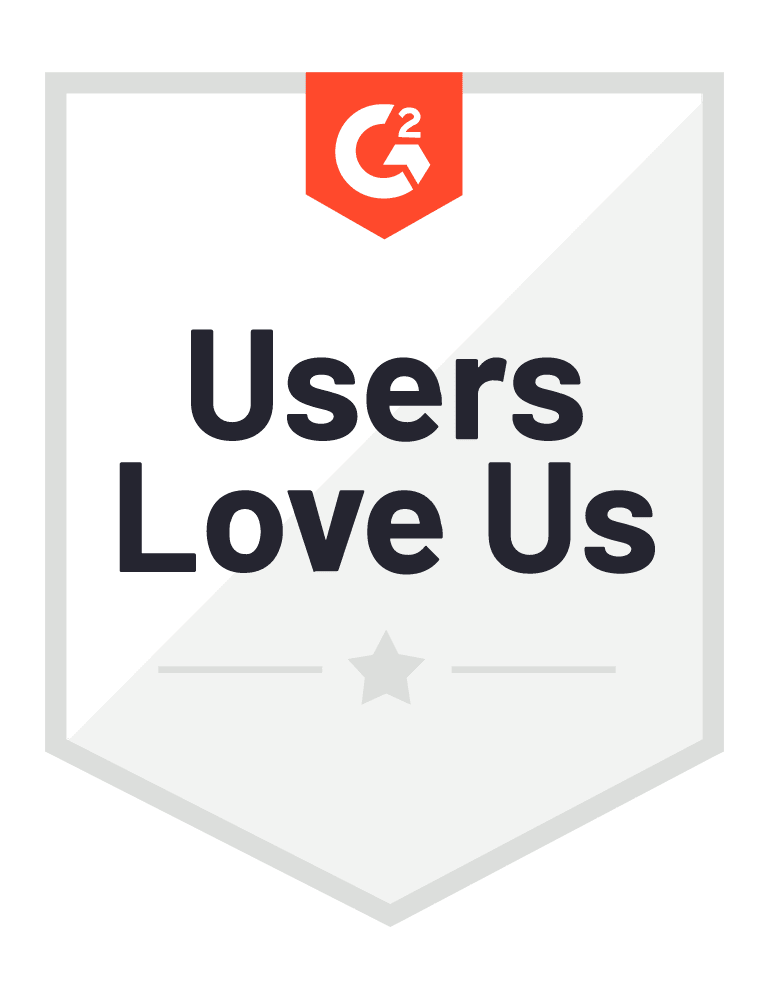
Boosting Productivity and Management Efficiency with Time Tracking Software
Experience a revolution in productivity and management efficiency with time tracking software. Discover how this innovative digital solution can transform your workflow, offering unparalleled insights and control over your team’s activities.
Understanding Time Tracking Software
Time tracking software is a digital tool that records the time spent on tasks, projects, or activities. It is a versatile tool used by individuals, teams, and organizations to monitor work hours, manage projects, and analyze productivity.
Modern time tracking solutions offer a range of features including automatic time capture, reporting, invoicing, and integration with other business tools.
The Link Between Time Tracking and Productivity
Time tracking software directly impacts productivity by providing visibility into how time is spent. By recording work hours and activities, it helps identify inefficiencies and areas where time can be better allocated.
Here is how it enhances productivity:
Accurate Time Allocation: By tracking time on various tasks, employees and managers can see where most of the time is being spent and adjust priorities accordingly.
Identifying Bottlenecks: Time tracking can highlight repetitive or time-consuming tasks that might benefit from automation or process improvement.
Reducing Distractions: Awareness of time spent on different activities can motivate employees to minimize time-wasting habits and focus on important tasks.
Key Features of Time Tracking Software That Enhance Team Management
Time tracking software comes equipped with several features that aid in team management:
Real-Time Monitoring: Managers can track the progress of tasks and projects in real-time, allowing for timely interventions and adjustments.
Reporting and Analytics: Detailed reports provide insights into work patterns, project timelines, and resource allocation, aiding in data-driven decision-making.
Integration with Project Management Tools: Integration with tools like Trello, Asana, or Slack allows for seamless task management and collaboration.
Billing and Invoicing: For businesses that bill clients based on hours worked, time tracking software can automate the invoicing process, ensuring accuracy and transparency.
Goal Alignment and Clarity
Clear and measurable goals are essential for keeping employees engaged. Performance management software facilitates goal setting and alignment, ensuring that employees understand how their work contributes to the organization’s success.
How Time Tracking Software Facilitates Effective Task Management
Effective task management is crucial for meeting deadlines and achieving goals. Time tracking software aids in this by:
Task Prioritization: By understanding which tasks take up the most time, managers can prioritize critical tasks and allocate resources efficiently.
Setting Realistic Deadlines: Historical data on task durations helps in setting realistic deadlines and managing expectations.
Balancing Workloads: Time tracking can highlight imbalances in workload distribution, allowing for better task allocation among team members.
Strategies for Using Time Tracking Software to Improve Team Accountability
Accountability is essential for a high-performance team. Here are strategies to enhance it using employee time tracking software:
Transparent Reporting: Share time tracking reports with team members to promote transparency and foster a sense of responsibility.
Setting Clear Goals: Use time tracking data to set clear, measurable goals and track progress against them.
Regular Reviews: Conduct regular reviews of time tracking data to discuss performance, address issues, and recognize achievements.
Balancing Productivity and Employee Monitoring with Time Tracking Tools
While time tracking software can enhance productivity, it is important to balance it with respect for employee privacy and autonomy. Here is how:
Focus on Outcomes: Emphasize productivity and results over micromanaging hours worked. Use time tracking as a tool for self-improvement rather than surveillance.
Encourage Self-Tracking: Allow employees to track their own time and use the data to self-assess and improve their efficiency.
Provide Flexibility: Use time tracking data to offer flexible work arrangements that align with individual productivity patterns.
Using Time Tracking Software to Identify and Address Productivity Bottlenecks
Time tracking software can help identify productivity bottlenecks by analyzing time data. Here is how:
Identify Repetitive Tasks: Highlight tasks that are repetitive and time-consuming. Automate or streamline these tasks to free up time for more critical activities.
Analyze Project Delays: Review time tracking data to understand why projects are delayed and implement strategies to prevent future delays.
Monitor Resource Allocation: Ensure that resources are allocated efficiently by comparing time spent on various tasks and projects.
The Role of Time Tracking Software in Project Management
Time tracking software emerges as a crucial tool in ensuring projects stay on track, budgets are adhered to, and deadlines are met. Here is a concise exploration of its pivotal role:
Accurate Time Allocation: Time tracking software enables project managers to allocate time resources accurately, ensuring that tasks are completed within designated times.
Real-Time Monitoring: With real-time tracking capabilities, project managers can monitor progress as it happens, identifying potential delays or bottlenecks before they escalate.
Resource Optimization: By analyzing time data, project managers can optimize resource allocation, ensuring that team members are assigned tasks based on availability and expertise.
Budget Management: Time tracking software aids in budget management by providing insights into labor costs and helping project managers track billable hours to ensure projects remain profitable.
Task Prioritization: Time tracking data allows project managers to prioritize tasks based on urgency and importance, ensuring that critical milestones are achieved on time.
Client Transparency: Transparent time tracking fosters trust and transparency with clients, allowing them to monitor project progress and billing accurately.
Performance Evaluation: Time tracking data serves as a valuable tool for performance evaluation, allowing project managers to assess individual and team productivity and identify areas for improvement.
Tips for Managers: Maximizing Team Efficiency with Time Tracking Insights
Set Clear Expectations: Clearly communicate the purpose and benefits of time tracking to your team.
Provide Training: Ensure team members are trained to use the time tracking software.
Regularly Review Data: Review time tracking data regularly to identify trends, address issues, and celebrate successes.
Use Data for Planning: Use time tracking insights to inform project planning, resource allocation, and deadline setting.
Integrating Time Tracking Software with Management Tools for Better Results
For maximum effectiveness, integrate time tracking software with other management tools such as:
Project Management Tools: Integrate with tools like Asana, Trello, or Jira for seamless task and project management.
Communication Tools: Integrate with Slack or Microsoft Teams to streamline communication and reduce time spent on meetings.
Accounting Software: Integrate accounting software for automated billing and invoicing based on tracked time.
Conclusion
Time tracking software is an asset for boosting productivity and enhancing management efficiency. By providing detailed insights into time allocation and work patterns, it enables businesses to optimize workflows, manage tasks more effectively, and foster a culture of accountability and continuous improvement.
When implemented thoughtfully, time tracking software can transform your organization, leading to better performance, higher employee satisfaction, and increased profitability.
About HR365
HR365 is an innovative HR management software solution that empowers organizations to automate and optimize their HR processes efficiently. From recruitment and onboarding to performance management and employee engagement, HR365 offers a wide range of features to address the diverse needs of modern workplaces. With its intuitive interface and powerful functionality, HR365 simplifies HR tasks, allowing HR professionals to focus on strategic initiatives and employee development.




